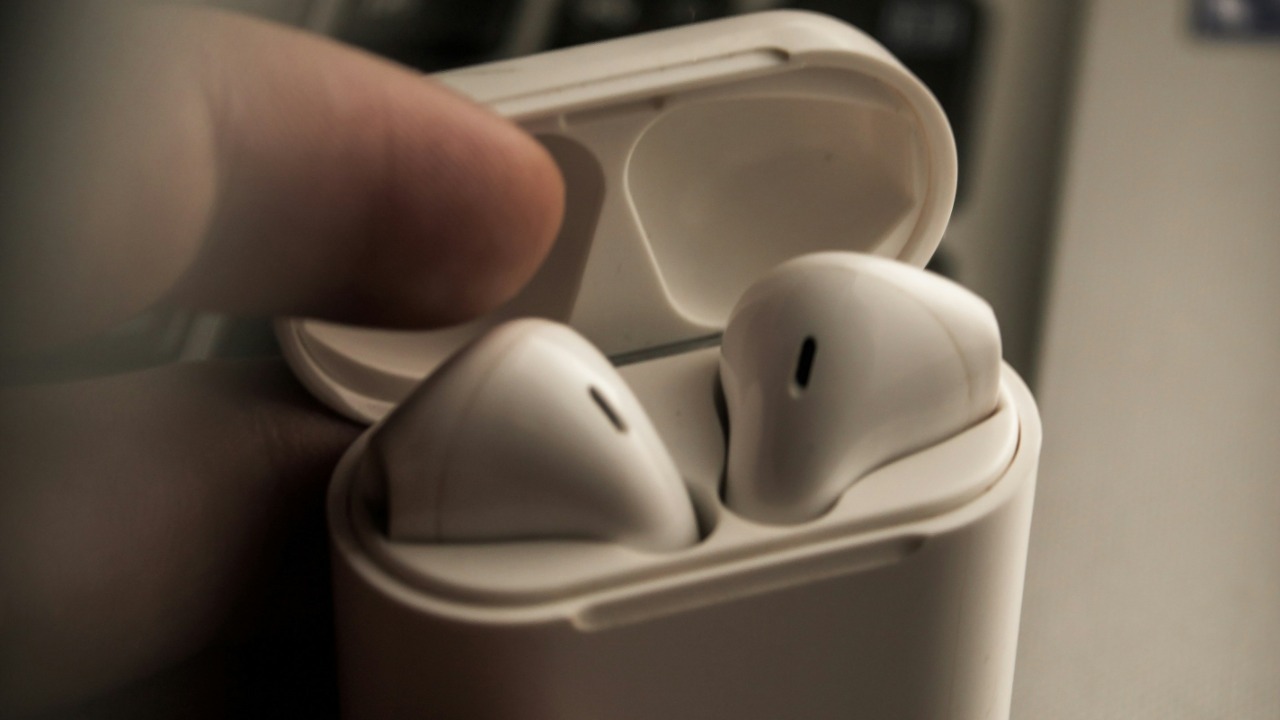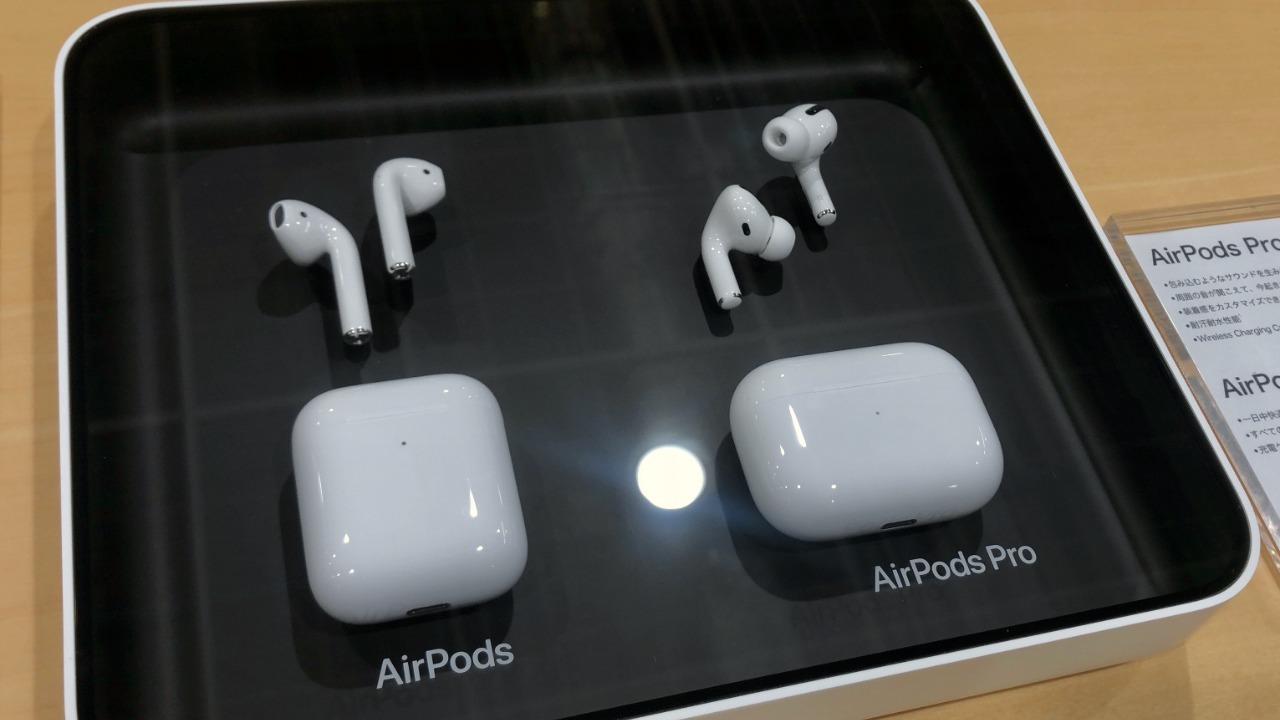Apple is reportedly already developing the next-generation AirPods Pro 4, building on the success of prior models with potential advancements in audio technology and integration. Recent leaks suggest enhancements involving new chip architectures, such as the H3 chip, which could power both upcoming AirPods Pro and standard AirPods models. These developments come amid ongoing rumors of iterative improvements, including possible design tweaks and performance boosts for the Pro lineup.
Early Development Rumors

Initial reports indicate that Apple is actively working on the AirPods Pro 4, with internal project timelines and engineering efforts already underway. Although specific release details remain unconfirmed, the company’s focus on advancing its audio technology is evident. According to BGR, these efforts are part of Apple’s broader strategy to maintain its competitive edge in the wireless earbuds market.
Leaks about the predecessor models, such as the AirPods Pro 3, provide insights into potential directions for the fourth generation. As reported by Mashable, the AirPods Pro 3 featured several teased specifications that could influence the design and functionality of the upcoming model. These include improvements in noise cancellation and battery life, which are critical factors for consumers seeking high-quality audio experiences.
Furthermore, the development of the AirPods Pro 4 is closely linked to broader Apple hardware rumors, particularly regarding chip integrations. The potential use of advanced chips in audio products aligns with Apple’s ongoing innovations in its MacBook line, as detailed by Laptop Mag. This integration could enhance the overall performance and compatibility of the AirPods within Apple’s ecosystem.
Potential Hardware Upgrades

The rumored introduction of the H3 chip is a significant development for the AirPods Pro 4 and AirPods 5 models. According to MacRumors, this chip is expected to enhance processing capabilities, leading to better audio quality and more efficient power management. The H3 chip could also support advanced features like spatial audio and improved connectivity, making the new AirPods a compelling choice for tech enthusiasts.
Design evolutions from the AirPods Pro 3 leaks suggest possible changes in form factors or materials. As noted by Mashable, these changes could include a more ergonomic fit or the use of sustainable materials, aligning with Apple’s commitment to environmental responsibility. Such updates would not only improve user comfort but also appeal to environmentally conscious consumers.
Next-gen chips like the M5 or M6 variants might indirectly impact the AirPods ecosystem by enhancing compatibility with other Apple devices. As Laptop Mag reports, these chips are part of Apple’s broader strategy to create a seamless user experience across its product lineup. This integration could lead to more intuitive device pairing and improved performance across the board.
Timeline and Release Speculation

The pace of development for the AirPods Pro 4 suggests that Apple is keen to advance its audio offerings following recent launches. According to BGR, the company is already making significant strides in the development process, although a specific release date has yet to be announced. This proactive approach indicates Apple’s commitment to staying ahead in the competitive audio market.
Insights from October 12, 2025, regarding the H3 chip integration provide further clues about the timeline for upcoming AirPods lines. As detailed by MacRumors, the integration of this chip is a key milestone in the development process, suggesting that the AirPods Pro 4 could be released sooner rather than later. This aligns with Apple’s typical product cycle, where new models are introduced at regular intervals to maintain consumer interest.
Current market offers on the AirPods Pro 3 also serve as indicators of the transition timing to newer models. As reported by Yahoo, discounts and promotions on the existing model suggest that retailers are preparing for the arrival of the next generation. This strategy not only boosts sales of the current model but also paves the way for a smooth introduction of the AirPods Pro 4.
Integration with Apple’s Ecosystem

The AirPods Pro 4 is expected to leverage chip advancements from MacBook developments to enhance device pairing and integration within Apple’s ecosystem. As Laptop Mag highlights, the use of advanced chips could facilitate seamless connectivity between the AirPods and other Apple devices, providing users with a more cohesive experience.
Audio feature enhancements drawn from Pro 3 leak details, such as improved noise cancellation and battery life metrics, are likely to be part of the AirPods Pro 4’s offering. According to Mashable, these features are crucial for maintaining Apple’s reputation for high-quality audio products. By incorporating these enhancements, Apple can continue to meet consumer expectations and reinforce its position as a leader in the wireless earbuds market.
The broader lineup impacts, including the AirPods 5, are also influenced by shared technology rumors. As MacRumors reports, the integration of the H3 chip across multiple models suggests a unified approach to product development. This strategy not only streamlines production but also ensures that all models benefit from the latest technological advancements.
Market Context and Competition

Promotional aspects of existing AirPods Pro 3, such as specific discount offers, provide context for the demand for upgrades. As noted by Yahoo, these promotions are designed to attract consumers who may be considering an upgrade to the latest model. By offering competitive pricing on the current model, Apple can maintain consumer interest while preparing for the launch of the AirPods Pro 4.
Early AirPods Pro 4 rumors are compared to competitive audio tech advancements, highlighting Apple’s efforts to stay ahead of the curve. According to BGR, the company’s focus on innovation and quality ensures that its products remain competitive in a rapidly evolving market. This commitment to excellence is a key factor in Apple’s continued success in the audio industry.
The ecosystem-wide implications from chip and hardware reporting across Apple’s products underscore the company’s strategic approach to product development. As detailed by Laptop Mag, the integration of advanced chips across multiple product lines enhances compatibility and performance, providing users with a seamless experience. This holistic approach not only benefits consumers but also strengthens Apple’s position as a leader in the tech industry.